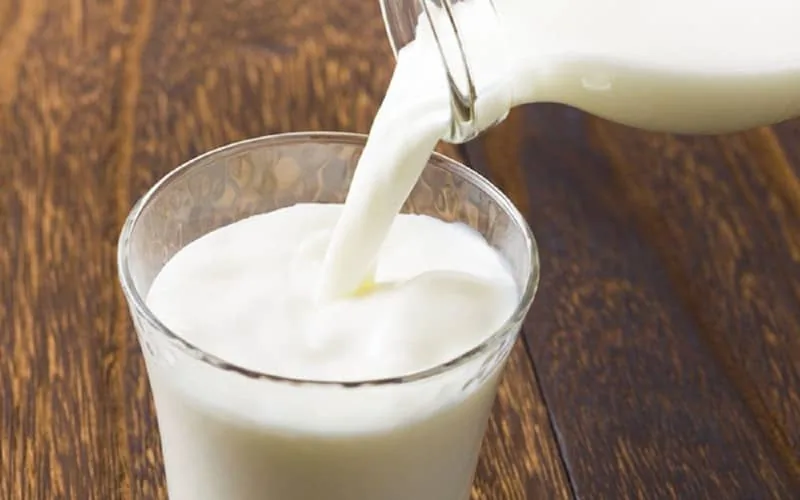Morocco Assures Safe Milk Supply: Rigorous Checks Combat Bovine Tuberculosis Fears

The Ministry of Agriculture, Maritime Fisheries, Rural Development, Water and Forests states that milk and dairy products marketed in Morocco do not pose any danger to the health of consumers and that bovine tuberculosis is subject to rigorous veterinary monitoring.
The number of authorized units to process milk nationwide has reached 211 units, in addition to 527 milk collection centers, all subject to periodic checks on production conditions, compliance with health and safety standards, and laboratory analyses to detect residues of drugs, pesticides and pollutants, the Ministry of Agriculture, Maritime Fisheries, Rural Development, Water and Forests specified, stressing that any failure to comply with these standards results in the suspension or withdrawal of the health authorization of the unit concerned. The ministry called on citizens to consume only milk and dairy products from approved units respecting the storage conditions, displaying their products in the cold chain, with the health approval number clearly displayed on the packaging.
The consumption of milk and dairy products from unapproved, unknown or uncontrolled sources can pose a health risk, particularly bovine tuberculosis. The ministry defines it as an infectious disease present in the kingdom for decades. It is governed by a strict legal framework, based on the royal decree of September 19, 1977 and the decree of the Ministry of Agriculture of 2013, allowing for early detection of cases and the implementation of appropriate measures, including the slaughter of infected cattle in controlled slaughterhouses and the compensation of affected breeders, it specified.
The National Office of Food Safety (ONSSA) implements a national program to fight the disease, in partnership with professionals, focused on four main areas: regular diagnosis, improvement of hygiene conditions on farms, slaughter of infected animals, and compensation of breeders in accordance with the laws in force, the ministry said, adding that the disease is not limited to Morocco, but also exists in a number of developed countries. This disease "requires collective action, continuous efforts and significant financial resources to reduce its spread," it continued.
Related Articles
-

Morocco Unveils Tax-Free Shopping Bonanza for Tourists: 2,000 Dirham Threshold Unlocks VAT Refunds
28 July 2025
-

Moroccan Governor Suspends Bouskoura Mayor and Officials Amid Urban Planning Scandal
28 July 2025
-

Thatcher’s Pearls of Power: Lavish Royal Gifts Spark Controversy in Newly Revealed Documents
28 July 2025
-

Moroccan Expats: New Tax Guide Unveils Secret Weapon for Secure Property Sales
28 July 2025
-

Morocco’s Crown Prince Leads Royal Procession to Tétouan for Throne Day Preparations
28 July 2025